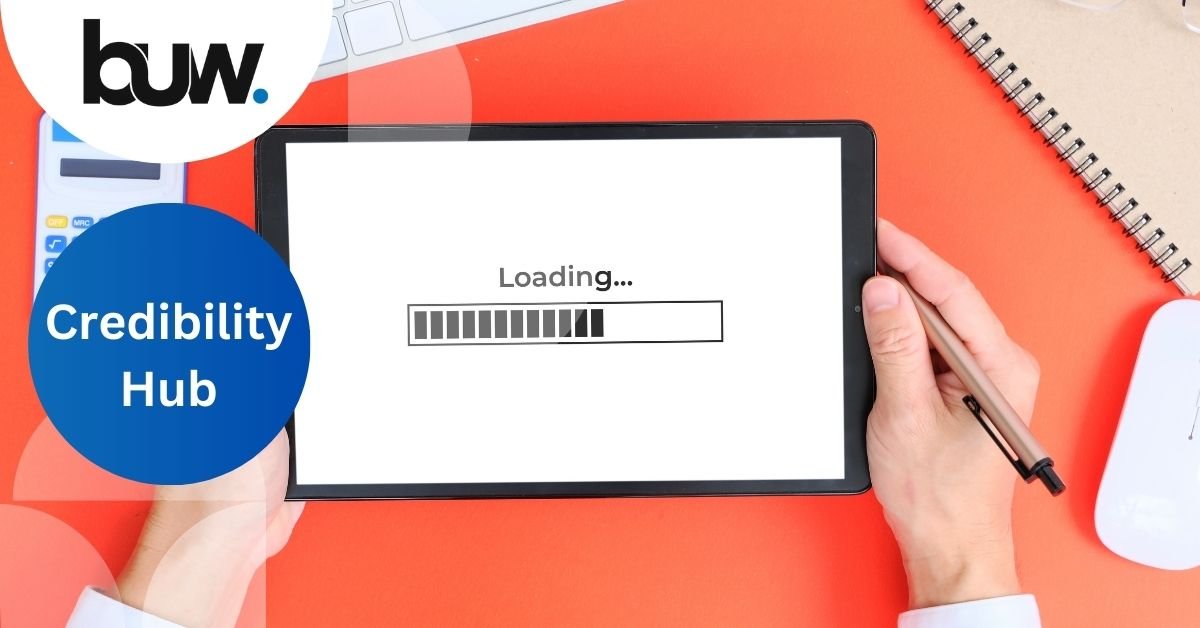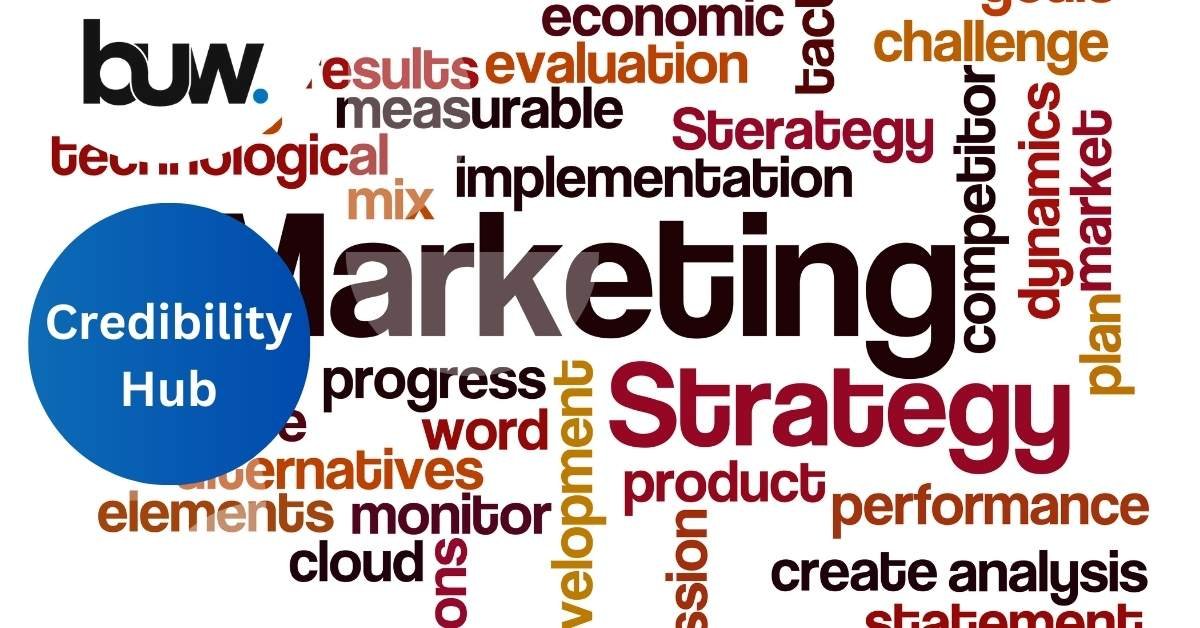Have you ever had the impression that websites these days take forever to load?
Everyone has experienced the dreaded spinning circle of doom after clicking on a website. Frustration builds in, and you find yourself clicking away, swearing never to go back. However, what is it about slow websites that make us so angry?
Users want results instantly in this fast-paced, digital world where time is of the essence. Studies show that when a website takes longer than three seconds to load, 40% of visitors leave. That’s right – every second counts when it comes to retaining visitors and driving conversions.
Why, then, does the speed at which a webpage loads matter so much?
This blog aims to equip you with the facts you need to understand the importance of website speed and its impact on your business.
Why is Website Page Loading Speed Important?
Here are the 5 key reasons why website page loading speed matters:
1. Improved User Experience (UX)

Nobody likes to watch a web page load. Users actually expect a website to load in three seconds or less, according to research. You run the danger of losing visitors before they have an opportunity to view your content if your website loads slower than that.
A website that loads quickly gives visitors a seamless, entertaining experience that keeps them interested and coming back for more.
2. Enhanced Search Engine Optimization (SEO)

Website page loading speed is taken into account by search engines like Google when ranking pages. Accordingly, a quicker website has a better chance of ranking higher in search results, which will enhance organic traffic. Faster websites are also simpler for search engines to index and crawl, which will help your SEO efforts even more.
3. Increased Conversion Rates
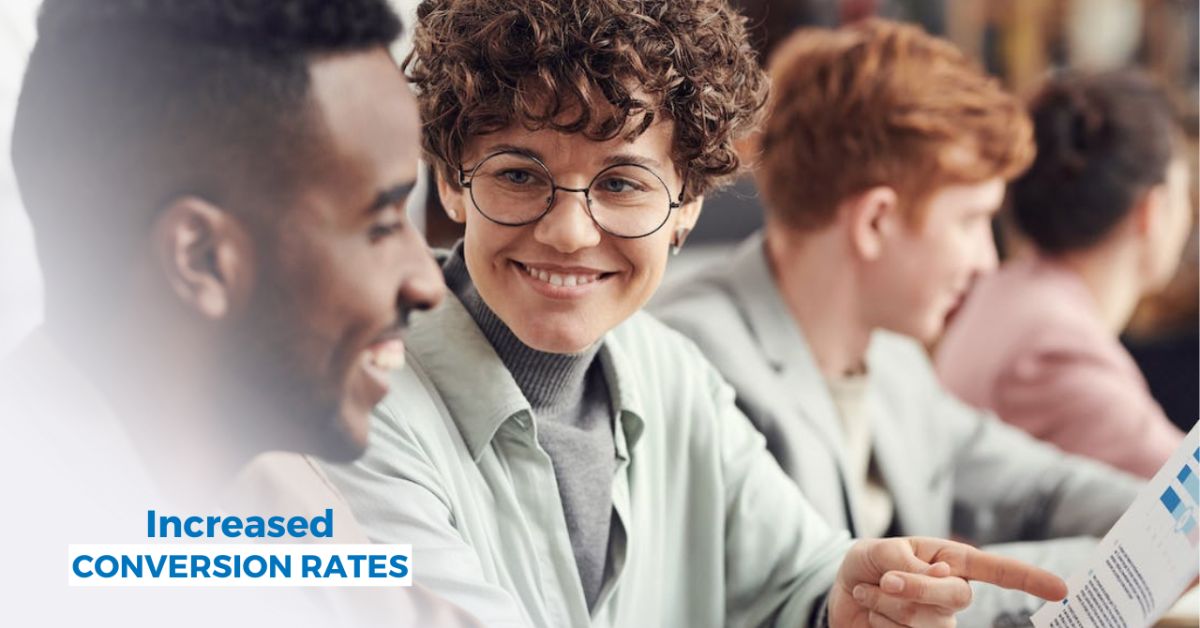
As previously noted, conversion rates can drop dramatically with a one-second page load time delay. All sorts of websites need to know this, but e-commerce sites especially need to know this since a quick loading time can make the difference between a sale and an abandoned cart.
4. Reduced Bounce Rates
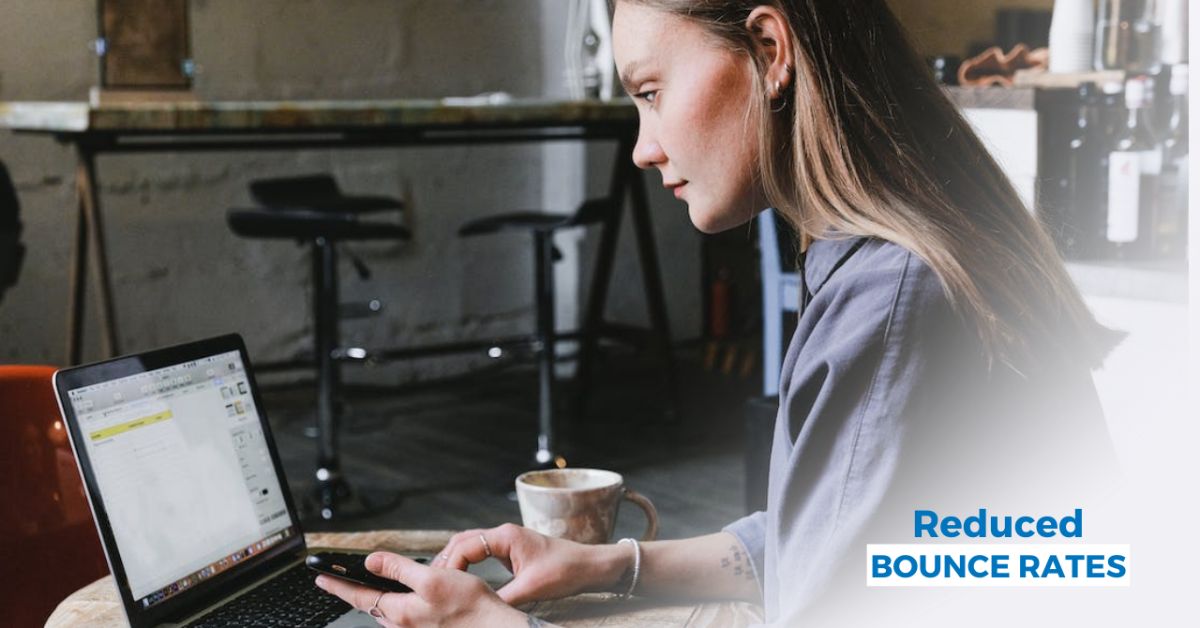
The percentage of visitors to your website that leave after only reading one page is known as the “bounce rate.” Since frustrated visitors are more likely to click away from a slow website before they even get an opportunity to interact with your content, a slow website will be more likely to have a higher bounce rate.
5. Improved Brand Reputation

A quick and responsive website reflects professionalism and reliability, which is good for building your brand authority and reputation in the eyes of visitors. On the other hand, a slow website can weaken this authority by encouraging scepticism and annoyance in users, which may drive them away and damage the reputation of your business.
After going over these 5 key reasons, it’s clear that website page loading speed plays an essential part in determining online success rather than just being a technical problem.
Businesses can greatly enhance their online presence, increase customer satisfaction, and increase conversions by giving website speed optimisation priority. Keep in mind that in the world of technology, every second matters, so make sure your website is in the lead.
Additional Tips on Website Page Speed Loading
Implement these 3 website speed optimisation tips to your strategy and witness the positive impact on your website’s page speed loading performance.
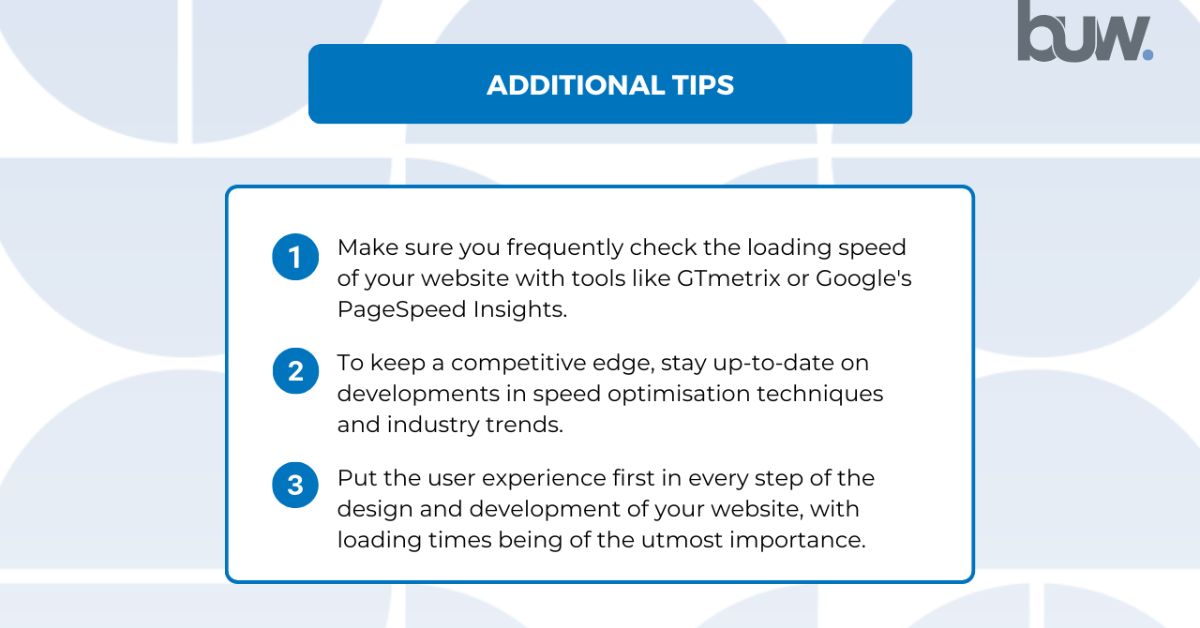
Frequently Asked Questions (FAQs)
Let’s go over some frequently asked questions from executives about the importance of website loading page speed
A page should load in two seconds or less, ideally. Yet, aiming for a loading time under three seconds is generally acceptable.
Website speed is directly impacted by hosting. Maintaining the best possible performance for your website requires selecting a trustworthy hosting company with dependable infrastructure and quick servers.
Yes, since mobile devices are used by the majority of internet users to visit websites, mobile speed is essential for delivering a satisfying user experience and upholding brand trust on all platforms.
Conclusion
We hope that this blog has clarified the importance of website loading page speed.
Remember that having a quick website is a strategic investment in your user experience, brand, and, eventually, your bottom line—not just a technical issue.
Now it is your turn to consider how fast your website is operating. Think about how can optimising your website’s loading speed help your business forward in a competitive online environment.
Ready to supercharge your website’s loading speed? Book an appointment today to explore how we can help enhance your digital presence.
Charo Mel Peters is a content specialist who specialises in creating thought-provoking blogs about restaurant marketing. Her main objective is to provide thorough answers and strategic insights to the pressing problems that restaurant owners frequently face.
Contact
- charo(at)restaurantsmarketing(dot)com(dot)au

